7 Health Benefits Of Black Garlic, Facts, & How To Add In Diet
This close cousin of white garlic has some potent advantages you cannot ignore.
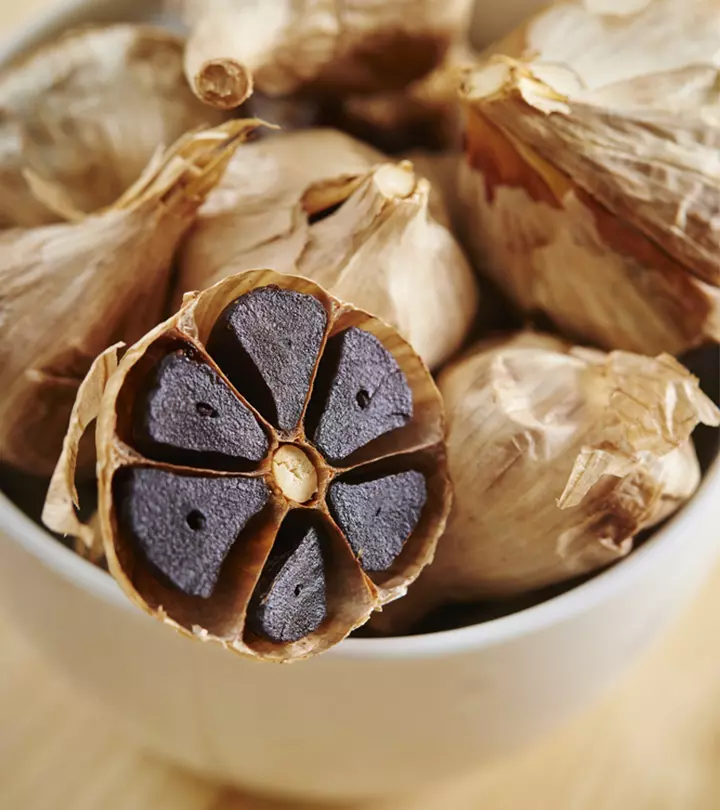
Image: Shutterstock
Black garlic is a fermented garlic clove with a sweet taste and no pungent odor. The benefits of black garlic can be attributed to its rich nutritional profile and the presence of phenolic and antioxidant compounds. The nutrients in this aged garlic have been shown to help lower cholesterol levels, regulate blood glucose levels, and reduce the risk of heart disease and cancer. While you can prepare black garlic at home, the process takes time. Black garlic is also more expensive than fresh garlic.
This article explores the health benefits, possible adverse effects, and dosage of black garlic. We have also mentioned how you can include it in your diet. Keep reading.
In This Article
What Is Black Garlic?
Black garlic is a product of fermentation. The whole heads of fresh garlic are maintained at a controlled temperature (60°C to 90°C) and humidity (80% to 90%). The result is rich black garlic cloves minus the pungent odor (caused by a compound called allicin) and enhanced chemical and medicinal properties (1).
It also gains a creamier, softer texture while its taste changes to a sweet, tangy, molasses-like flavor.
A blogger delving into the world of culinary experiments recently tried black garlic. She notes, “I thought it tasted very much like appelstroop (apple syrup) and ‘solid’ balsamic vinegar although the structure is soft and mouth-watering. It is mild but at the same time there is a depth of flavour. I couldn’t help wonder if I would have even recognised ‘garlic’ if I hadn’t known what I was sampling (i).”
 Trivia
TriviaThe properties of garlic change due to fermentation. But does this process alter its nutritional value too? Let us find out.
Key Takeaways
- Black garlic is a clove of fermented garlic with a sweet taste and medicinal properties.
- Intake of black garlic helps lower cholesterol levels, regulate blood sugar levels, and promote heart health.
- While consuming black garlic is considered safe, taking supplements without supervision is not recommended.
Facts About Black Garlic
“Garlic is rich in vitamins and minerals, including vitamins B1 and B6, vitamin C, manganese, calcium, copper, selenium, iron, and phosphorus, rendering it a nutrient powerhouse,” says Dr. Carrie Lam, MD, FAAMFM, ABAARM.
What makes black garlic superior? Studies have observed a significant rise in the antioxidant properties of garlic during fermentation. Its phenolic acid content also increases significantly during the heat treatment process (2). Besides, black garlic contains melanoidin, an antioxidant produced during the later stages of the Maillard reaction (a chemical change occurring during fermentation) (3).
 Trivia
TriviaDr. Lam remarks, “The health benefits of black garlic cannot be attributed to one specific compound alone. These benefits may be a result of numerous compounds working together or a combination of various active substances.”
Health Benefits Of Black Garlic
One of the factors separating black garlic from regular garlic is its content of water-soluble compounds. Black garlic also doesn’t leave a pungent smell or after taste or odor unlike regular garlic.
1. May Help Maintain Cholesterol Levels
A study found that consuming black garlic extract may help lower triglyceride and cholesterol levels and improve HDL-C (good cholesterol) in rats fed with a high-fat diet. Hence, black garlic may contribute effectively in the treatment of hyperlipidemia (high fat content in the blood) (4). In a study, participants who were given black garlic extract for 12 weeks had seen their HDL cholesterol (good cholesterol) levels improve (5).
2. May Help Manage Blood Sugar Levels
“One serving of black garlic is loaded with antioxidants that can help manage diabetes, weight, and more. It can do this by helping regulate your blood sugar and lower your glucose and insulin levels,” says Christine VanDoren, a certified personal trainer and nutritionist.
A study concluded that the higher antioxidant levels in black garlic may help regulate insulin resistance. Hence, eating a diet with black garlic may help keep type 2 diabetes and the related complications in check (6).
3. May Help Promote Heart Health
As stated, black garlic may help regulate both cholesterol levels and reduce insulin resistance. This, in turn, helps reduce the risk of cardiovascular disease, heart attack, and the clotting of blood in vessels (7), (8),(9).
Besides, a study found that adding black garlic to the diet may significantly lower lipid levels and prevent fat from accumulating in the arteries. This helps reduce the risk of cardiovascular disease (5).
4. May Help Reduce Cancer Risk
Black garlic may inhibit the proliferation of cancer cells and may also induce apoptosis (programmed death of cancer cells). Studies suggest that consuming it may effectively reduce the risk of blood, stomach, and colon cancers (10), (11), (12).
In a study, researchers found that black garlic extracts have anti-cancer, antioxidant, and immunostimulatory effects (13). These properties are attributed to phenolic compounds and melanoidin present in black garlic (14),(15).
5. May Reduce Risk Of Brain Deterioration
Beta-amyloid is a compound that causes inflammation and the aging of brain cells. As a result, it is one of the major causes of Alzheimer’s disease (16).
In a study, black garlic extract at doses of 250 and 500 mg/kg of body weight had significantly improved short-term memory and neuroinflammation in rats induced with beta-amyloid (17).
6. May Help Maintain Liver Health
Black garlic extract has hepatoprotective (liver-protective) effects. It was found to inhibit the elevation of enzymes called aspartate transaminase and alanine transaminase (in rats), which are the markers of liver damage. Research suggests that supplementing black garlic extract may be an effective adjuvant therapy to manage liver injury (18).
Another animal study indicates that the antioxidant properties of black garlic may help treat liver damage caused due to alcohol abuse to a certain extent (19). However, more research is warranted to prove this claim.
7. May Enhance Immune Function
Research suggests that black garlic helps natural killer cells become more effective at destroying harmful invaders like viruses or unhealthy cells in your body. It also encourages the production of other immune cells like B lymphocytes that produce antibodies to fight infections (20). Therefore, black garlic consumption may boost your overall immune function to help you fight infections effectively.
Apart from these benefits, black garlic may also have probiotic properties as with other fermented foods.
Dr. Lam has an interesting input. She says, “Garlic has also been found to balance hormones, improve cardiovascular health, fight cancer, bring down weight, improve bone density, and remove heavy metals from your body. This makes it helpful to the functions of every single circuit of your NeuroEndoMetabolic (NEM) stress response system, composed of various organs and circuits — the hormonal, bioenergetic, inflammatory, detoxifying, cardionomic, and neuroeffector circuits — working together to counteract stress.”
As with any good ingredient, black garlic may also have a few downsides. Scroll down to know what they are.
Side Effects Of Black Garlic
Like garlic, black garlic is safe to consume. However, Dr. Lam has a few suggestions if you have the following conditions.
- If you are suffering from advanced adrenal fatigue, start with smaller and less frequent intakes before working your way up to a daily dose of this potent detoxifier.
- Taking garlic supplements without supervision is not advised if you suffer from an autoimmune condition since it could worsen autoimmune attacks.
Melissa Mitri, a Registered Dietitian for Wellness Verge, says, “If you are taking blood-thinning medications, you may want to limit or avoid eating black garlic. Taking black garlic in large amounts can further increase the risk of bleeding.”
Eating too much black garlic may also sometimes cause gastrointestinal discomfort (21). So, if you have any health conditions or concerns, always check with your doctor before adding it to your diet.
That said, what is the right amount of black garlic to consume?
The Recommended Limit For Black Garlic
The experts and the literature suggest that consuming 4g (around 2-3 cloves) of black garlic and 7.2g (approx) of black garlic extract can offer the best results without any side effects.
Is it advisable to prepare black garlic at home or simply buy it? We will understand the merits in the following sections.
How To Add Black Garlic To Your Diet
Preparing black garlic at home is a long and tedious process. Instead, you can buy pre-aged garlic from the market to save you time, money, and effort.
Here is how you add black garlic to your diet:
- Chop and mix with butter to make black garlic butter.
- Use as a topping for pizzas or pasta.
- Mash and use to make soup or gravy.
- Blend in while preparing a dip.
- Use it in marinades to enhance the flavor of vegetables and meats.
- Blend it with chickpeas, olive oil, and salt to prepare garlic hummus.
- Replace regular garlic with it in your usual recipes.
At some point, you must be wondering about what makes black garlic differ from white ones. Read the next section to learn about it.
Black Garlic Vs. White Garlic
Black garlic and white garlic come from the same plant, but they look and taste very different. Black garlic is made through the fermentation process. It is soft, dark, and sweet, unlike white garlic’s raw and strong taste. On the other hand, white garlic is a common kitchen ingredient. It is pearly white and has a strong, pungent smell. It is used in various dishes.
The fermentation process changes the color and taste of black garlic. Fermenting fresh garlic into black garlic also increases the availability of beneficial organosulfur compounds, enhancing its anti-inflammatory, antioxidant, and antidiabetic properties (22). Black garlic is usually more expensive than white garlic because of its unique process. For those interested in the benefits of garlic, exploring both types can offer diverse health advantages, boosting your overall well-being. The multiple benefits of garlic, such as stabilizing blood pressure, improving bone health, regulating blood sugar, etc, will surely pique your interest and make you eager to include this unique kitchen ingredient in your menu.
To sum up, black garlic is fermented, odorless, and creamier than raw garlic. It still retains the goodness of raw garlic and is loaded with beneficial compounds, vitamins, and minerals that promote overall growth. Black garlic’s benefits range from protecting liver health to promoting heart health. It may reduce the risk of brain degeneration due to disorders such as Alzheimer’s disease. Black garlic is sweeter than raw garlic and can be added to your soups, gravies, pizza toppings, or dips. However, it may interfere with blood-thinning medications or worsen autoimmune disorders when consumed in excess. You should limit its use and consult a doctor if any adverse reactions occur.
Frequently Asked Questions
Is black garlic toxic?
No. In moderate quantities, black garlic is good for your heart and may help regulate blood sugar levels.
Should black garlic be refrigerated?
Yes. Once a black garlic can is opened and used, store it in your refrigerator to ensure it lasts longer. Read the label for storage instructions.
Is eating black garlic at night good?
Yes. While there is limited scientific information in this regard, anecdotal evidence suggests that taking it at night may help sleep better.
Unveil the antioxidant-rich properties that boost immunity and heart health and explore its unique flavor profile and versatile culinary uses, making it a must-add superfood to your diet. Check out this video now!
Personal Experience: Source
StyleCraze's articles are interwoven with authentic personal narratives that provide depth and resonance to our content. Below are the sources of the personal accounts referenced in this article.
(i) Aged Black Garlic- The New Blackhttps://live-love-laugh-and-eat.blogspot.com/2010/03/aged-black-garlic-new-black.html
References
Articles on StyleCraze are backed by verified information from peer-reviewed and academic research papers, reputed organizations, research institutions, and medical associations to ensure accuracy and relevance. Read our editorial policy to learn more.
- Black garlic: A critical review of its production bioactivity and application
https://pubmed.ncbi.nlm.nih.gov/28911544/ - Evolution of some physicochemical and antioxidant properties of black garlic whole bulbs and peeled cloves
https://pubmed.ncbi.nlm.nih.gov/26775954/ - Antioxidant Activity of Various Soluble Melanoidins Isolated from Black Garlic after Different Thermal Processing Steps
https://www.ncbi.nlm.nih.gov/labs/pmc/articles/PMC7541931/ - The effects of black garlic (Allium satvium) extracts on lipid metabolism in rats fed a high fat diet
https://www.ncbi.nlm.nih.gov/labs/pmc/articles/PMC4317477/ - Reduction of blood lipid parameters by a 12-wk supplementation of aged black garlic: a randomized controlled trial
https://pubmed.ncbi.nlm.nih.gov/24976429/ - Antioxidant effect of garlic and aged black garlic in animal model of type 2 diabetes mellitus
https://www.ncbi.nlm.nih.gov/labs/pmc/articles/PMC2788179/ - Effect of Change in Total Cholesterol Levels on Cardiovascular Disease Among Young Adults
https://www.ncbi.nlm.nih.gov/labs/pmc/articles/PMC6220545/ - Insulin Resistance and Heart Failure: Molecular Mechanisms
https://www.ncbi.nlm.nih.gov/labs/pmc/articles/PMC3457065/ - What is cholesterol and how does arteriosclerosis develop?
https://www.ncbi.nlm.nih.gov/books/NBK279327/ - Induction of apoptosis by a hexane extract of aged black garlic in the human leukemic U937 cells
https://pubmed.ncbi.nlm.nih.gov/24741395/ - Aged black garlic extract induces inhibition of gastric cancer cell growth in vitro and in vivo
https://pubmed.ncbi.nlm.nih.gov/21922142/ - Aged black garlic extract inhibits HT29 colon cancer cell growth via the PI3K/Akt signaling pathway
https://pubmed.ncbi.nlm.nih.gov/24649105/ - Individual differences on immunostimulatory activity of raw and black garlic extract in human primary immune cells
https://pubmed.ncbi.nlm.nih.gov/22260639/ - Plant phenolics in the prevention and treatment of cancer
https://pubmed.ncbi.nlm.nih.gov/21520702/ - Direct tumor growth suppressive effect of melanoidin extracted from immunomodulator-PSK
https://pubmed.ncbi.nlm.nih.gov/10851484/ - β-Amyloid peptides and amyloid plaques in Alzheimer\’s disease
https://pubmed.ncbi.nlm.nih.gov/25371168/ - Neuroprotective Effects of Aged Garlic Extract on Cognitive Dysfunction and Neuroinflammation Induced by β-Amyloid in Rats
https://pubmed.ncbi.nlm.nih.gov/28054940/ - Hepatoprotective Effect of Aged Black Garlic Extract in Rodents
https://www.ncbi.nlm.nih.gov/labs/pmc/articles/PMC4007044/ - Amelioration of Single Clove Black Garlic Aqueous Extract on Dyslipidemia and Hepatitis in Chronic Carbon Tetrachloride Intoxicated Swiss Albino Mice
https://www.ncbi.nlm.nih.gov/labs/pmc/articles/PMC5954851/ - Immunomodulatory effects of black solo garlic (Allium sativum L.) on streptozotocin-induced diabetes in Wistar rats
https://pmc.ncbi.nlm.nih.gov/articles/PMC8646972/ - Black garlic and its bioactive compounds on human health diseases: A review
https://pmc.ncbi.nlm.nih.gov/articles/PMC8401630/ - Effect of Black Garlic Consumption on Endothelial Function and Lipid Profile: A Before-and-After Study in Hypercholesterolemic and Non-Hypercholesterolemic Subjects
https://www.ncbi.nlm.nih.gov/pmc/articles/PMC10385333/
Read full bio of Tracy Tredoux
Read full bio of Gayathri Vijay
Read full bio of Ravi Teja Tadimalla
Read full bio of Payal Karnik






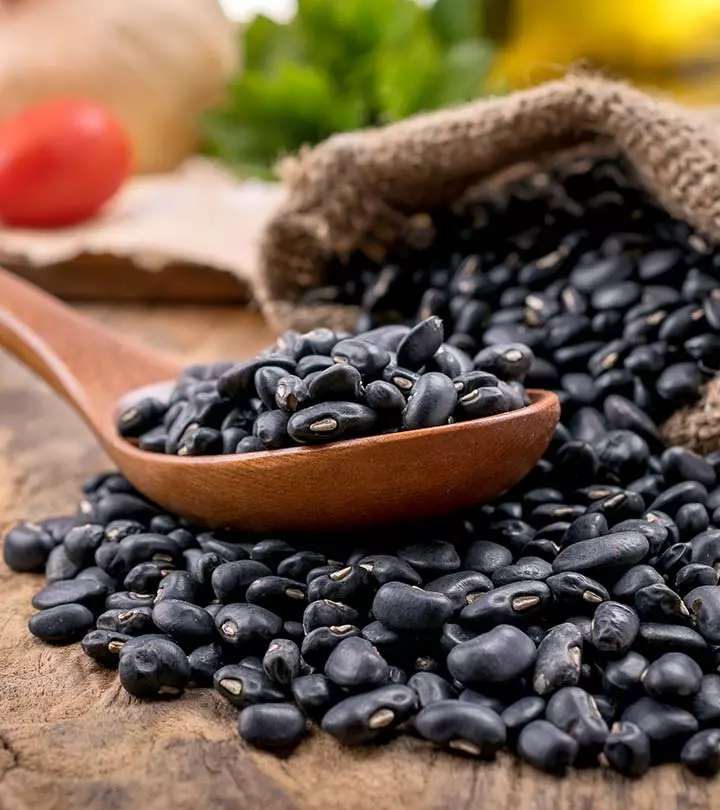



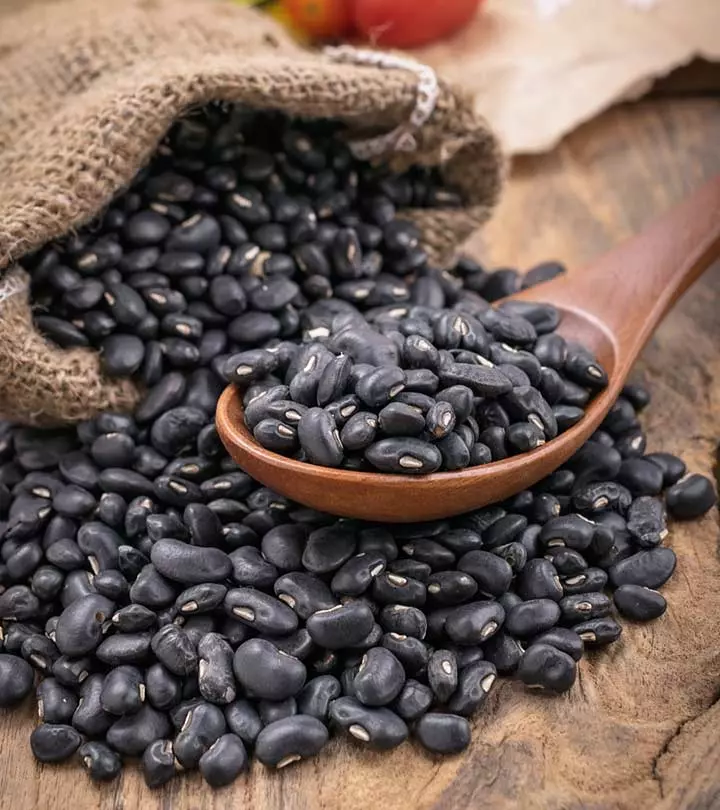
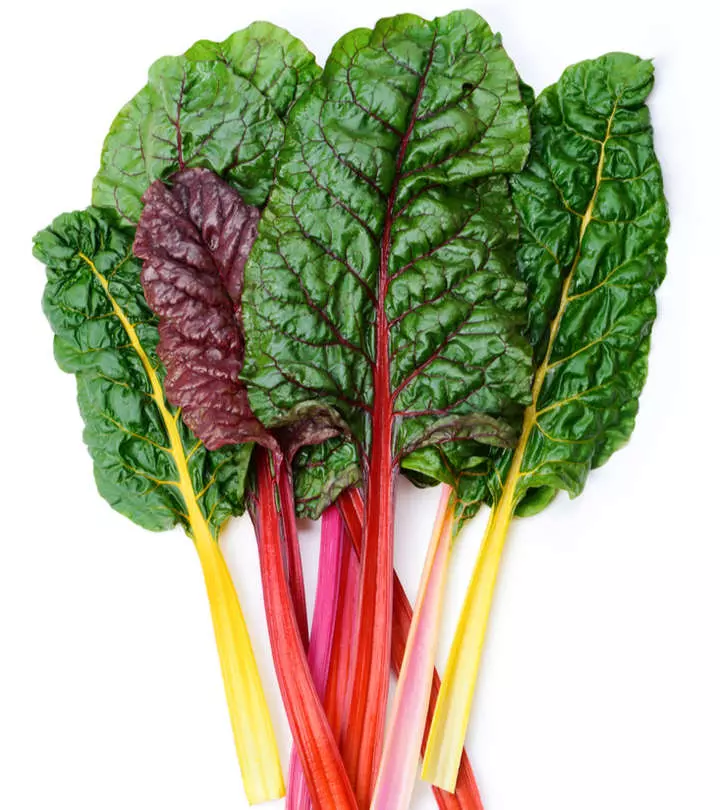
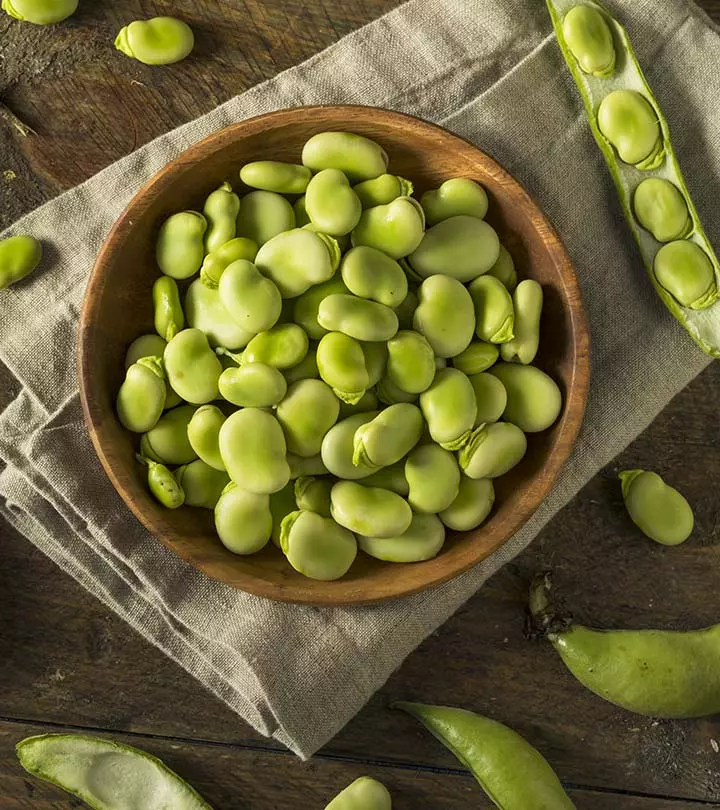
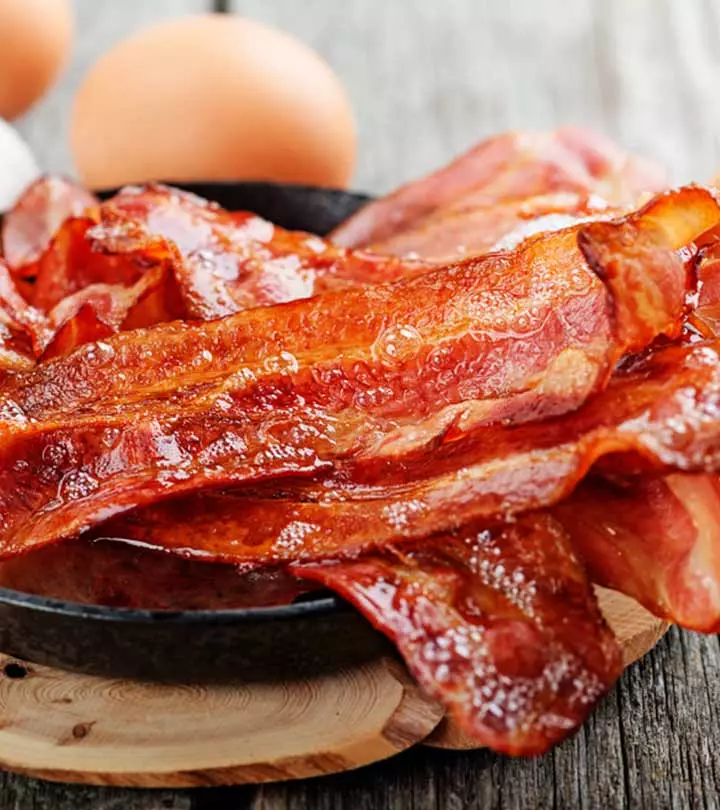

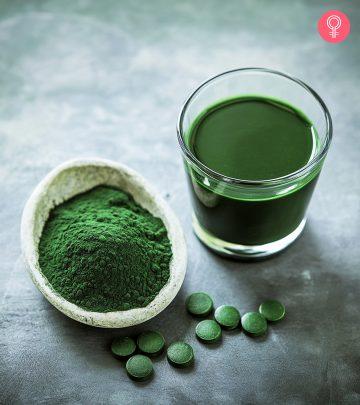

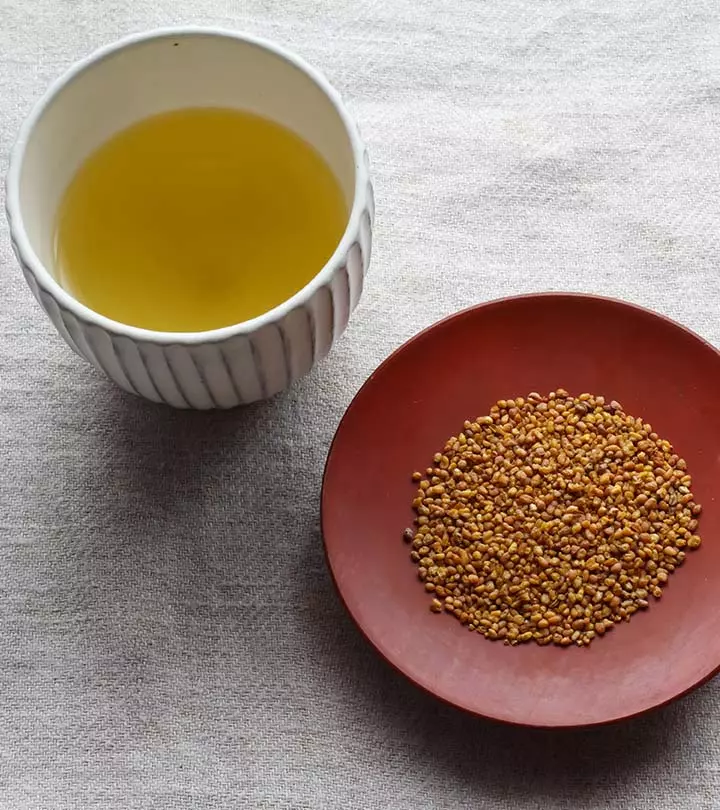

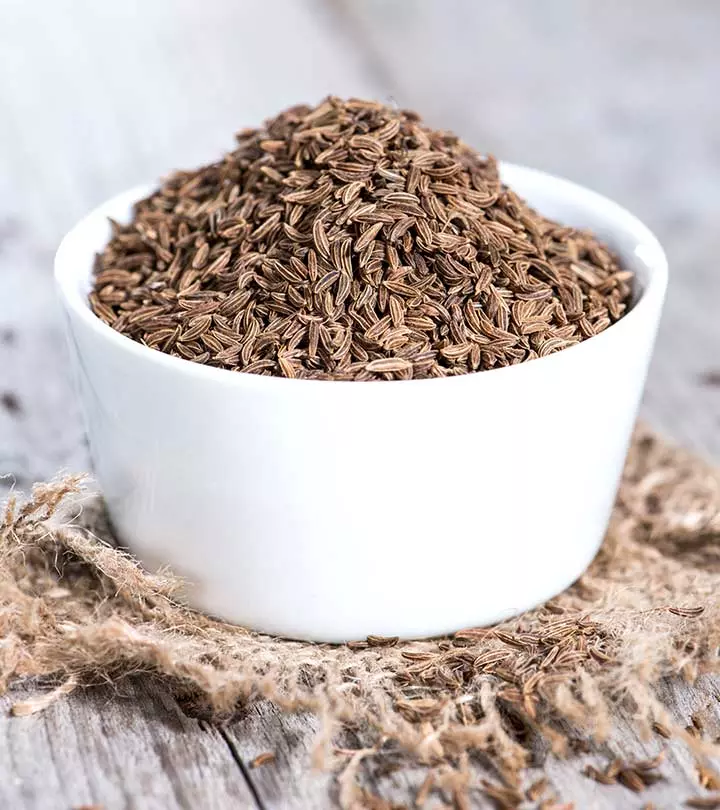

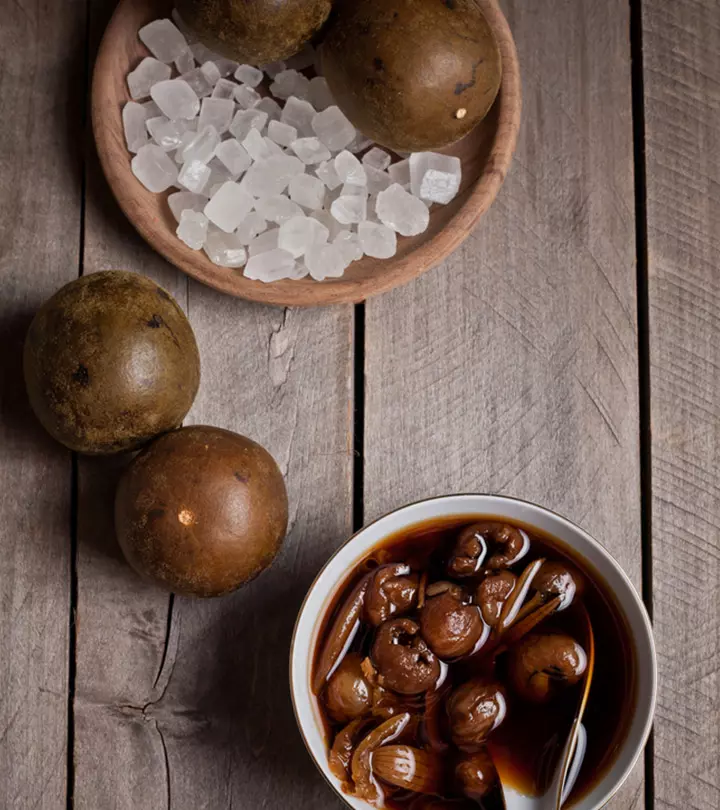



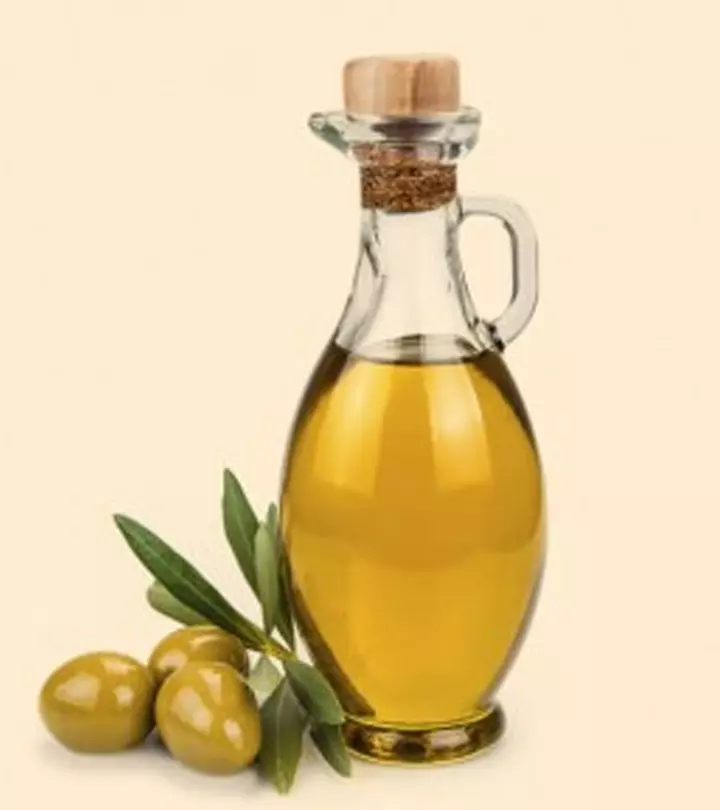

Community Experiences
Join the conversation and become a part of our empowering community! Share your stories, experiences, and insights to connect with other beauty, lifestyle, and health enthusiasts.